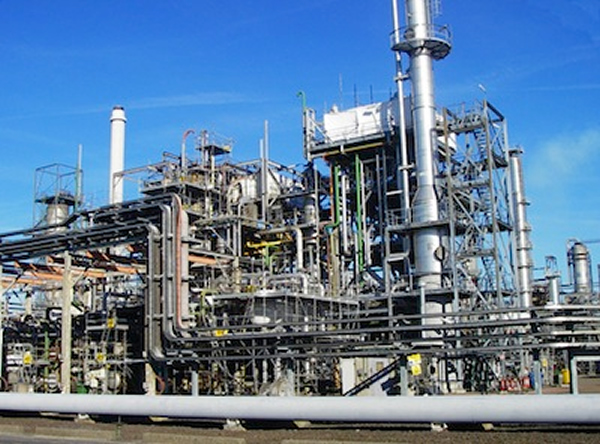The persistent closure of the Port Harcourt refinery, well beyond its scheduled reopening date, has ignited a chorus of concerns from bulk petroleum retailers in the host communities. These retailers, represented by the Host Community Bulk Petroleum Retailers Association, have issued a fervent appeal to President Bola Tinubu to intervene and expedite the refinery’s reactivation. Their plea underscores the severe economic hardship inflicted upon their businesses and the surrounding communities due to the refinery’s prolonged inactivity. This situation unfolds against a backdrop of skepticism regarding the effectiveness of government investments in the nation’s refineries, with industry leaders questioning their viability despite substantial financial commitments.
The crux of the retailers’ grievance lies in the NNPC’s failure to adhere to the stipulated 30-day timeframe for repair works, which commenced on May 24, 2025. Two months later, the refinery remains dormant, a fact that deeply perturbs the retailers. They contend that this delay not only undermines their livelihoods but also jeopardizes President Tinubu’s transformative agenda for Nigeria’s economic revival. The retailers’ anxieties mirror broader national concerns about the refinery’s performance, with many advocating for its privatization in light of its persistent operational challenges.
Central to the retailers’ appeal are three key demands addressed to President Tinubu, the Minister of State for Petroleum Resources (Oil), and the Group Chief Executive Officer of the NNPC. Firstly, they implore the government to ensure the prompt release of funds necessary for the completion of the refinery’s repair works. This, they argue, is crucial to prevent further delays and expedite the facility’s return to operation. Secondly, the retailers urge a firm commitment to restarting production by early August 2025. This timeline, they believe, is essential to revitalize the local economy and alleviate the suffering of the communities reliant on the refinery’s operations.
Thirdly, the retailers emphasize the importance of guaranteeing a stable crude oil supply for the refinery’s startup. This, they argue, is vital to prevent future disruptions and ensure the facility’s sustainable operations. They contend that a consistent supply of crude oil is a prerequisite for the refinery to function effectively and fulfill its intended purpose of contributing to the nation’s energy security and economic growth. The retailers’ concerns highlight the broader challenges facing Nigeria’s refining sector, prompting calls for decisive action to address the recurring issues plaguing these vital facilities.
The retailers’ anxieties echo the broader skepticism voiced by prominent figures in the Nigerian business landscape, including the Group Chief Executive Officer of the NNPC Limited, Bayo Ojulari, and the President of the Dangote Group, Aliko Dangote. Ojulari’s acknowledgment that government investments in refineries haven’t yielded the desired outcomes adds weight to the retailers’ concerns. Equally significant is Dangote’s doubt about the refineries’ viability despite substantial financial input, a sentiment that resonates with the retailers’ frustration over the Port Harcourt refinery’s persistent shutdown.
The situation surrounding the Port Harcourt refinery encapsulates the broader challenges facing Nigeria’s refining sector. While the government has invested billions of dollars in maintaining these facilities, their performance has consistently fallen short of expectations. This has fueled calls for alternative approaches, including privatization, as a potential solution to the persistent operational woes plaguing the refineries. The retailers’ plea to President Tinubu underscores the urgency of addressing these challenges, as the prolonged shutdown of the Port Harcourt refinery continues to inflict economic hardship on the host communities and casts a shadow over the nation’s energy security.
The retailers’ fervent appeal to President Tinubu represents a microcosm of the broader national discourse surrounding the effectiveness and viability of Nigeria’s refineries. Their concerns, coupled with the skepticism voiced by industry leaders, highlight the urgent need for decisive action to address the recurring operational issues plaguing these vital facilities. The future of the Port Harcourt refinery, and indeed the entire refining sector, remains a focal point of national attention, as the nation grapples with the challenge of ensuring its energy security and fostering economic growth.














